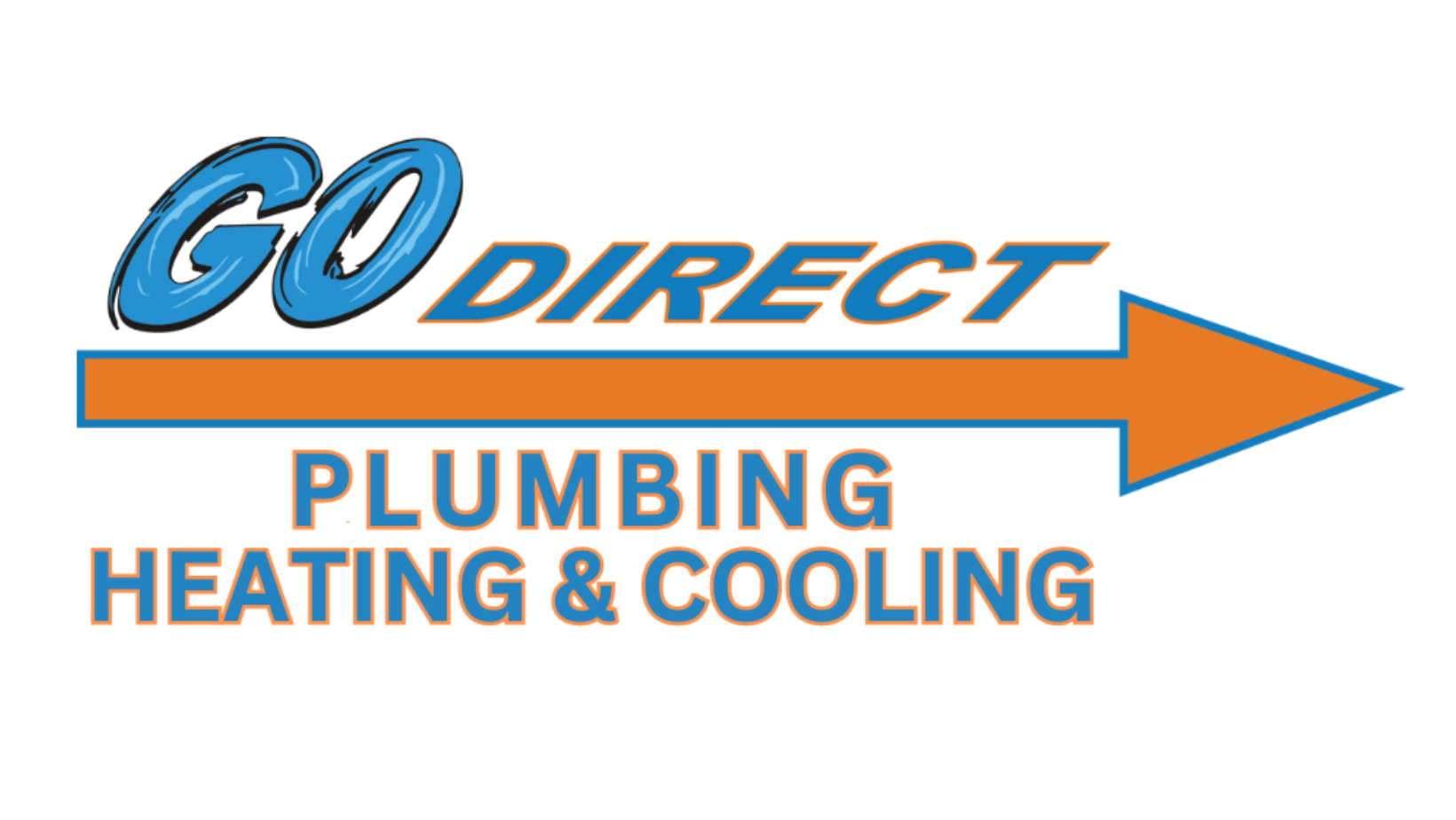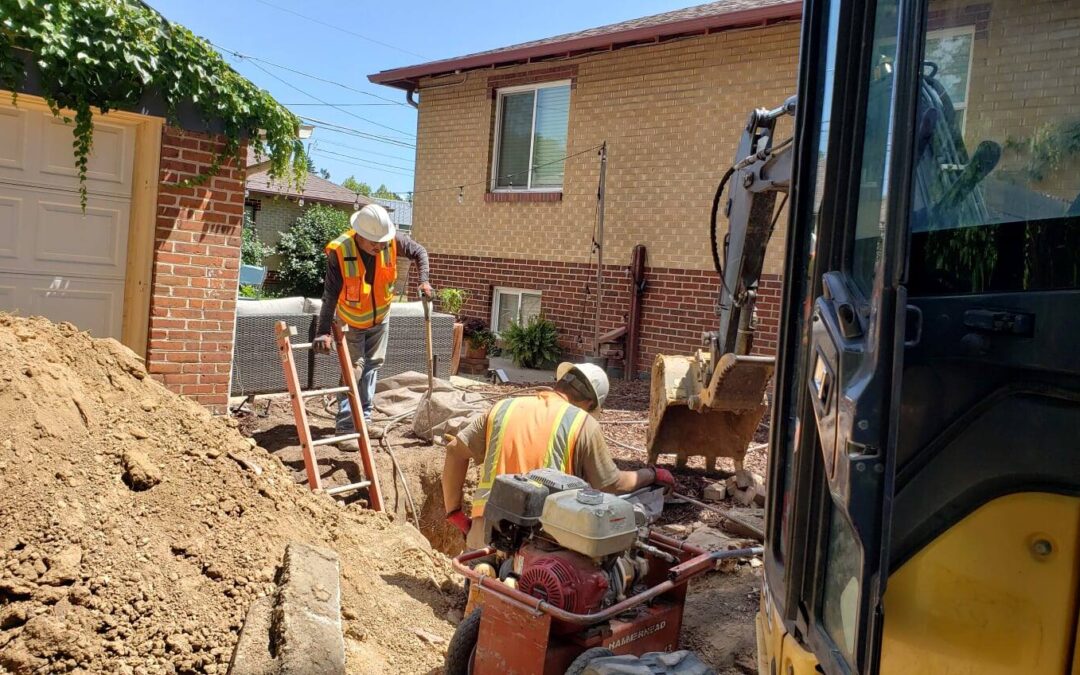Did you know that the City and County of Denver have over 1,500 miles of public sanitary sewer lines? That’s on top of the 800+ miles of storm drainage lines they have buried underground.
Thanks to those infrastructures, Denver residents enjoy proper sanitation. Indeed, if not for these facilities, diseases like diarrhea and infections could occur. Poor sanitation may even result in trachoma, a condition that can cause blindness.
However, you’re still at risk of such dangers if your home’s sewer line develops problems. Thus, it pays to know when you need sewer line repair service. After all, Denver’s Wastewater Management Division only fixes issues affecting the city’s lines.
So if the problem lies in your private sewer line, it’s your responsibility to have it repaired.
But don’t worry; we’re here to discuss the signs indicating private sewer line woes. Read on to learn how to spot such problems and what to do if you notice them.
1. Multiple Clogged Drains
Your sewer line or sewer main connects to the city sewer system. It’s also where all the other drain lines in your home converge.
Thus, your sewer line channels all your home’s wastewater out of your property.
Therefore, when the sewer line malfunctions, so can the rest of your drain pipes. As a result, you may notice issues with multiple drains and toilets. You may also experience slow drains plus toilets that take forever to flush.
The sewer line may also become blocked over time, considering all the waste that goes through it. However, improper waste disposal of fats, oil, and grease (FOG) and “flushables” can make it clog up faster. They’re also the primary components of the fatberg that blocked Denver sewers in 2013.
So if several drains in your home take a long time to empty, take that as a sign you have sewer line problems. It’s best to call a plumbing professional as soon as possible to diagnose the problem. That way, the experts can conduct a sewer line inspection to pinpoint the cause of your drainage woes.
If the inspection reveals blockages, you may only need to get it cleaned out with snaking or jetting. However, if the pros find extensive sewer line damage, they may need to fix or replace it.
2. Drain and Toilet Backups
Garbage, corrosion, and tree root intrusions can damage and cause clogs in your sewer line. The problem can become so severe that it can lead to wastewater backing up your drains and toilets.
That’s dangerous, as wastewater carries human waste. Feces, in turn, can harbor up to 10 million viruses and one million bacteria per gram. That’s why exposure to them can result in hazards like skin and stomach illnesses.
For the same reason, please get in touch with a sewer line repair service as soon as you see drain or toilet backups. Otherwise, you might get ill from exposure to wastewater pathogens. Besides, you don’t want your house stinking up and sustaining water damage.
3. Strange and Foul Odors
Sewer odors, which usually smell like rotten eggs, often originate from dry P-traps. These are the P- or U-shaped pipes in toilets and under sinks. They hold a small amount of water that prevents sewer gases from flowing into a building.
So when the water in the P-trap disappears or dries out, stinky smells can permeate a building. Fortunately, if this is the cause of the sewer odors in your home, it’s easy to fix by pouring some water down the drain.
If that doesn’t help, though, or if the odors worsen, the issue might be due to a damaged sewer line. In that case, please call a professional sewer line repair service ASAP. Otherwise, your home may smell so bad that it can already affect your respiratory system.
4. Wet Areas and Sinkholes in the Garden
If some areas of your garden remain wet after or between watering cycles, one or more of your pipes may be leaking. Likewise, sinkholes (or depressions) may develop due to a leaking underground pipe.
In the above scenarios, you may have a leaky water line, a damaged sewer line, or both. If the water smells foul, the problem is likely due to the latter. Also, if it involves a sinkhole, please don’t enter it, as doing so may lead to accidents and severe injuries.
Instead, call a sewer line repair contractor ASAP to diagnose the problem. They will use specialized cameras to find leaks or other issues in the pipes. They can then determine if a water pipe or your sewer line has sprung a leak.
The good news is that you may be able to get either fixed without disruptive digging. That’s as long as you get in touch with experts specializing in trenchless sewer repair. With this method, there’s no need to dig an entire trench, thus, minimizing landscape damage.
5. Unexplainably Green Lawn
Have you noticed a section of your garden looking much greener and healthier than the rest? If so, and you did nothing to turn it that way, you most likely have a damaged sewer line.
A broken sewer line can cause plants to seem “healthy” since sewage is rife with plant nutrients. For instance, it’s full of nitrogen and phosphorus, which plants use as food.
While that sounds beneficial, remember that sewage contains loads of harmful germs. Moreover, the smells emitted by sewage can attracts pests, including roaches and rodents.
You don’t want those critters to invade your home since they can cause even more damage. So, call a sewer line repair specialist as soon as you notice unexplainable changes in your lawn.
Never Delay Necessary Sewer Line Repair Service
And there you have it, the top signs indicating you need sewer line repair service. Now you know they include clogs, drain backups, sewer smells, wet spots on the lawn, and “greener” grass. You also learned how damaging and dangerous sewer leaks are.
So, as soon as you notice those symptoms, please don’t delay calling professionals for help.
If you suspect your Denver home has a damaged sewer line, our team here at Go Direct is ready to assist. Contact us now, and we’ll be happy to diagnose and address your sewer woes.

